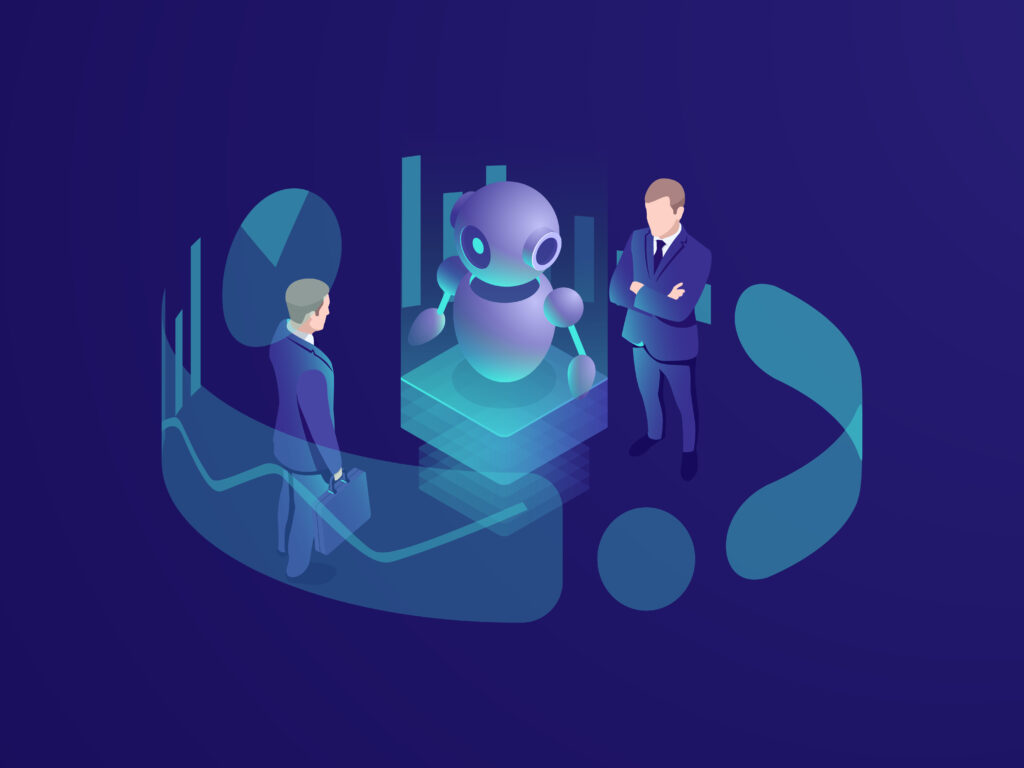France’s AI hopes collide with French love of regulating tech

France’s AI hopes collide with French love of regulating tech This article was published in Politico and co-authored by Océane Herrero and Gian Volpicelli. French companies keen to be at the forefront of artificial intelligence — and to rein in European Union regulatory ambitions — have a surprising opponent: the European Commission’s self-styled digital enforcer […]
TTC Joint Roadmap for Trustworthy AI and Risk Management

TTC Joint Roadmap for Trustworthy AI and Risk Management The EU and U.S. is seeking input on the list of key AI terms essential to understanding risk-based approaches to AI, along with their EU and U.S. interpretations and shared EU-U.S. definitions that was released as part of the Fourth TTC Ministerial in May 2023. Comments are especially requested […]
AI Act: EU Commission attempts to revive tiered approach shifting to General Purpose AI

AI Act: EU Commission attempts to revive tiered approach shifting to General Purpose AI This article was authored by Luca Bertuzzi for Euractiv. The European Commission circulated on Sunday (19 November) a possible compromise on the AI law to break the deadlock on foundation models, applying the tiered approach to General Purpose AI and introducing […]
France, Germany, Italy push for ‘mandatory self-regulation’ for foundation models in EU’s AI law

France, Germany, Italy push for ‘mandatory self-regulation’ for foundation models in EU’s AI law This article is authored by Luca Bertuzzi for Euractiv. The three biggest EU countries are pushing for codes of conduct without an initial sanction regime for foundation models rather than prescriptive obligations in the AI rulebook, according to a non-paper seen […]
Regulation of AI In the United States

Regulation of AI In the United States Ravit Dotan, AI & Data Ethics Advisor has written a comprehensive report on the regulation of AI in the United States. Regulation of artificial intelligence is emerging. While it is impossible to know for sure what the regulation would ultimately look like, we can learn a lot by examining […]
OECD AI Principles overview

OECD AI Principles overview The OECD’s work on Artificial Intelligence and rationale fordeveloping the OECD Recommendation on Artificial Intelligence AI is a general-purpose technology that has the potential to improvethe welfare and well-being of people, to contribute to positivesustainable global economic activity, to increase innovation andproductivity, and to help respond to key global challenges. It […]
EU’s AI Act negotiations hit the brakes over foundation models

EU’s AI Act negotiations hit the brakes over foundation models Luca Bertuzzi writes for Euractive about a technical meeting on the EU’s AI regulation broke down on Friday (10 November) after large EU countries asked to retract the proposed approach for foundation models. Unless the deadlock is broken in the coming days, the whole legislation […]
That Was The Week That Was

That Was The Week That Was Marc Rotenberg, the founder and executive director of the Center for AI and Digital Policy has written a blog in the Communications of the ACM on the White House Executive Order on Safe and Trustworthy AI. It is conventional wisdom that technology typically outpaces the law. But the last […]
The EU AI Act and its Potential Impact on Enterprises Harnessing the Power of AI

The EU AI Act and its Potential Impact on Enterprises Harnessing the Power of AI Artificial intelligence (AI) systems have been widely adopted across sectors as well as applications. Accordingly, regulatory frameworks aimed at addressing and governing risks associated with these systems have followed the same trends. The most prominent and comprehensive example of such […]
Research Article: The Tragedy of AI GovernanceResearch Article

Research Article: The Tragedy of AI GovernanceResearch Article Simon Chesterman of the Faculty of Law of National University of Singapore, has published a working paper on AI Governance. Abstract: Despite hundreds of guides, frameworks, and principles intended to make AI “ethical” or “responsible”, ever more powerful applications continue to be released ever more quickly. Safety […]